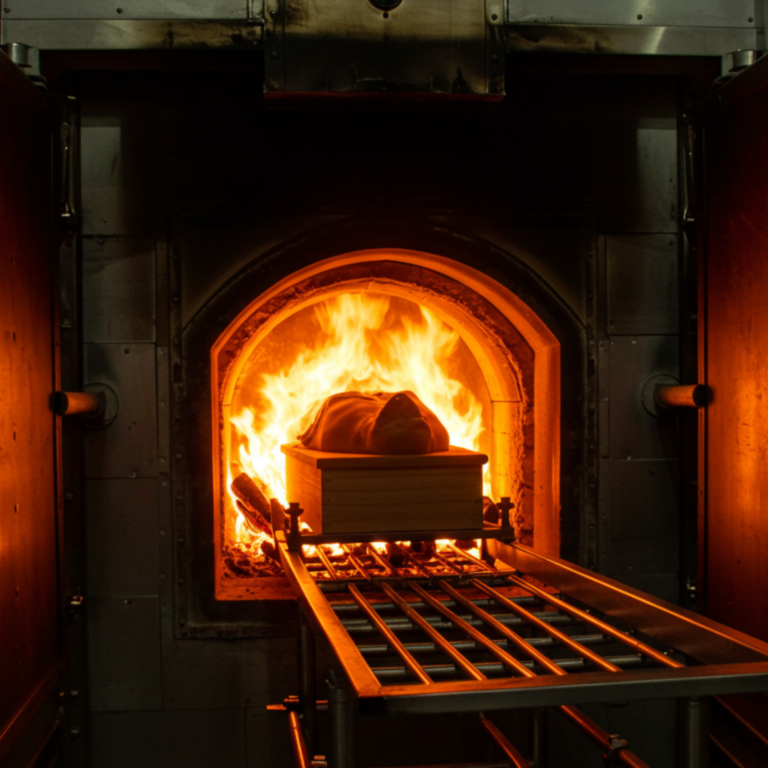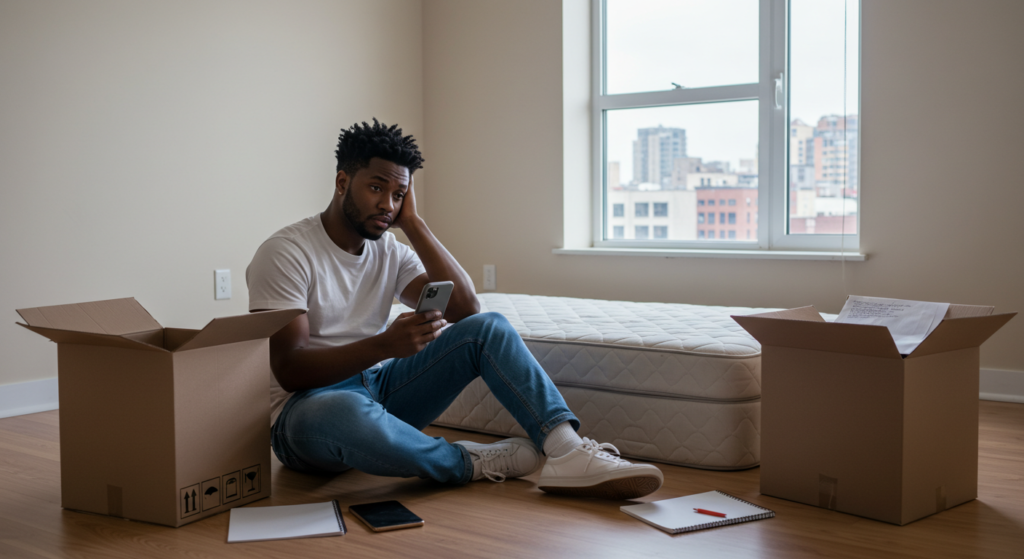
Everyone wants to move out until they see the bill. From rents that wipe out your savings to the unexpected cost of feeding, moving out comes with a reality check that no one prepares young people for.
We spoke to five young Nigerians about the true cost of living alone: financially, emotionally and everything in between.
Kunle, 25 (Operations Associate, Lagos, ₦170k/ Month)
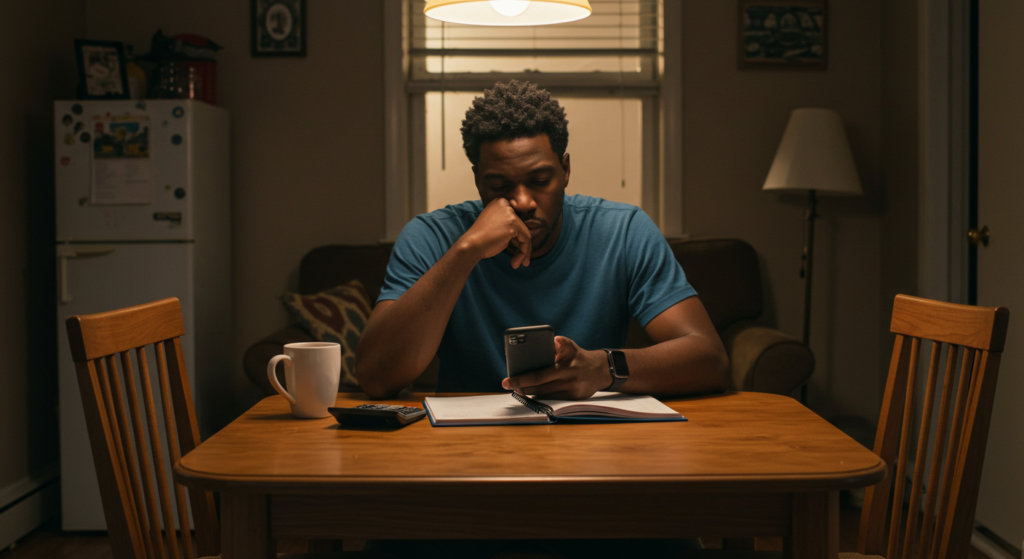
After NYSC in January 2023, I stayed back in Lagos. Moving back home to Ilé-Ifẹ̀ wasn’t an option — everyone I knew was making big moves, getting jobs, or relocating. I wanted to prove I could be independent, too.
I lived with a friend in Gbagada during my service year, but I had to find my own place after I got a job as an operations associate at an IT firm. My office was in Ikoyi, where rent starts at ₦5 million. That wasn’t happening on my ₦170k salary.
A friend was moving out of their ₦500k self-contained apartment in Iwaya, Yaba, so I took it. My parents covered the rent, and I got some basic furniture with my ₦150k NYSC savings.
Then, the bills started rolling in.
I had to pay ₦70k/month for transport. My breakfast at work costs ₦20k monthly. Additional foodstuffs ran into ₦35k. Electricity, water, and data cost ₦20k.
I tracked my monthly spending on transport, food, and other essentials and started budgeting accordingly. Each month, I set aside the exact amount I’d need in Cowrywise. If my salary didn’t come in on time, I’d be completely broke and have to call home for help, so I started setting aside ₦20k as a safety net. After covering all my expenses, I was left with about ₦20k for miscellaneous spending, which I often used to plan an outing with friends.
For a few months, I owed the vendor in front of my house some money for basic household essentials. I skipped meals often, fell sick regularly, and occasionally when the water stopped running, I had to buy five kegs daily for weeks.
Work also drained me. My bosses constantly made me feel like I was incompetent. I had no time for myself—just work, home, and survival. It felt like I was working to live. On some nights, I talked to my neighbour, sat at the vendor’s stall outside my gate, or went to the football viewing centre or a bar down the street just because I wanted to be around people. The loneliness crept in quickly.
By November 2024, 10 months after I moved, I couldn’t take it anymore. I quit my job and moved back home, not even using up my rent. In retrospect, my biggest mistake was moving out without a solid plan for financial stability. Rent was just the first expense—sustaining myself was the real challenge.
If I had upskilled and increased my earning potential before leaving home, maybe I wouldn’t have had to come back. Right now, I’m optimising for career mobility and prioritising opportunities that allow me to grow. Once I’ve built the stability I need, I’ll be ready to move out and live on my own again.
Abdul, 26 ( Brand Strategist, Abuja & Kaduna, ₦700k/Month)

I have two rented apartments: a self-contained one in Abuja that costs ₦750k/year and a five-bedroom in Kaduna that costs ₦1.7 million. I originally got the Kaduna apartment to use as an Airbnb, but I didn’t get around to setting it up. If not for my master’s degree programme in Abuja and most of my clients being there, I’d stay in Kaduna full-time because of its cheaper cost of living.
₦200k covers all my monthly expenses in Kaduna. However, I spend ₦270k on food alone in Abuja because I don’t cook there. Transport costs roughly ₦150k, and travelling back and forth sets me back ₦44k monthly. Data takes ₦50k, and electricity another ₦20k weekly — easily my biggest shock. All of this comes out of my ₦700k average income.
I love my personal space and the freedom that comes with living alone, but the best part is also the worst part — you’re the Alpha and Omega of your space. If something needs to be done, you either do it yourself or it doesn’t get done. Sometimes, you wish someone could just handle things for you, but that’s not an option.
That said, living alone has also pushed me to earn more. No one forced me to move out, so why should I call home for help? That mindset pushes me to hustle harder.
Eniola, 23 ( Content Creator, Lagos, ₦350k/Month)
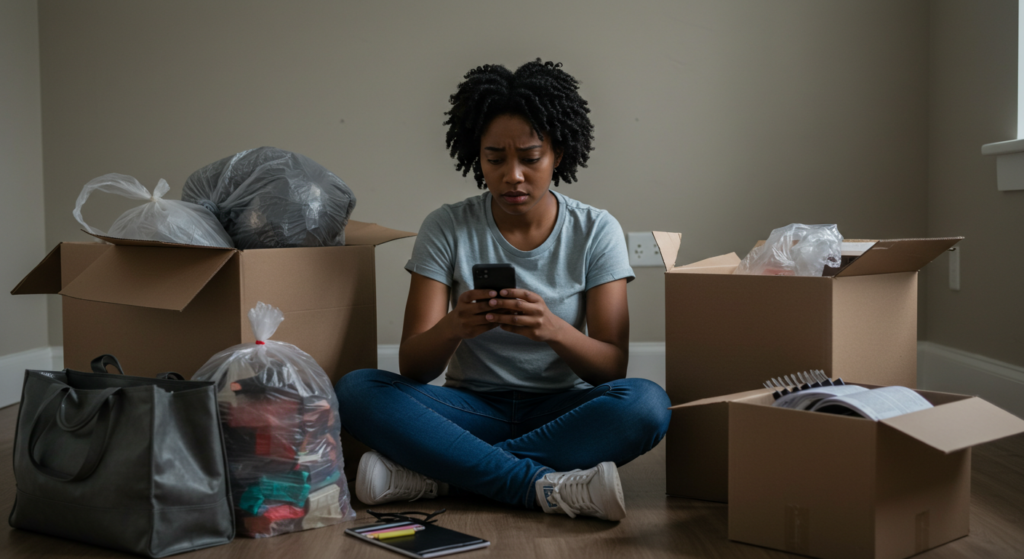
I moved into a room and parlour apartment in Berger in December 2024, and I paid ₦1 million for it. I didn’t want to, but I also didn’t want to move back home after NYSC.
I’d lived briefly with my aunt. And when she travelled in July, I had to move in with my uncle. By November, my uncle and his entire family were pressuring me to leave. They claimed they were travelling to the U.S. for Christmas, so I needed to find my own place. I didn’t take them seriously—until they packed all their travel boxes in my room.
That was my cue.
I had to squat with a friend while desperately house-hunting. In the end, I took whatever was available. The worst part? I ran into my uncle’s wife in the area in December. They never travelled; they just wanted me out.
Thankfully, I had saved ₦700k from my pastry business in university and another ₦400k during my NYSC year—from my salary, modelling gigs, and content creation. Rent alone wiped out 90% of my entire savings, and I was left with just ₦100k. Fortunately, my parents sent everything I needed to furnish the apartment from our family’s home in Ibadan, so I managed. I was broke and depressed, praying for a breakthrough.
I got one.
One month after moving in, I landed a ₦350k full-time content creator job. The social media management job I had before that didn’t pay up to ₦100k.
Looking back, this experience toughened me up. If I had stayed in my comfort zone, I wouldn’t have taken my finances seriously. Now, I have no choice but to fend for myself, and I needed that push.
Imade, 26 ( Journalist, Lagos, ₦800k/Month)

I’ve been living alone since I was 19. My parents separated when I was 13, and after years in boarding school, I was already used to my own company. Beyond that, I liked the freedom of being on my own.
At the moment, I live in a mini-flat in Gbagada. It’s my little sanctuary— I get the cool breeze and quiet, and it’s all mine. But living alone isn’t just about peace and privacy; it’s also about money.
My rent is ₦1.8 million, and I made sure I could save for it without ruining my finances. I asked myself: Can I comfortably set aside rent money for six months to a year? So, I split my salary into two and saved the other half monthly. This approach helped me ensure I wasn’t overstretching myself.
I learned early that Lagos doesn’t care about your comfort. My first year here was a reality check. After NYSC, I moved from Ibadan to my dad’s house in Ikorodu while working in Ikeja. When I got a job in Lekki, things got worse; I was waking up at 4 a.m., leaving home an hour later, and still getting to work late. On some days, I took the waterway to save time, but it was still exhausting. My mum found me a temporary place with a family friend on the Island, but I needed my own space.
Eventually, my mum contacted another friend who was renting out a self-contained apartment for ₦300k. I had saved ₦200k, but I needed more for rent and basics—mattress, curtains, kitchen utensils. Another family friend loaned me the rest and later forgave the debt. I was very grateful for the generosity. I also had to be cautious of my spending, because I was living on a ₦150k salary. My biggest expenses besides rent were electricity, transportation, and black tax.
I had no financial shocks because I have always taken care of myself. But I won’t lie; I wish I didn’t have to pay rent so I could save more. I’ve had to cut back on food and transport and even take on extra work. Food is my biggest betrayal. I used to budget ₦15k for food a month, but now, ₦30k isn’t enough. But as long as I have food at home, I feel okay. Even when I’m “broke”, which, to me, means having ₦150k–₦200k.
Would I ever move back home? Only if there’s no other option in the entire universe.
If you’re thinking about moving out, ask yourself: Can you really afford it? If you split your salary in two and save for six months, would rent break you? House hunting in Lagos is the ghetto. I nearly gave up and went back home. So, plan well, save aggressively, and don’t rush.
Adam, 21 ( Virtual Assistant, Ibadan, ₦200k/Month)
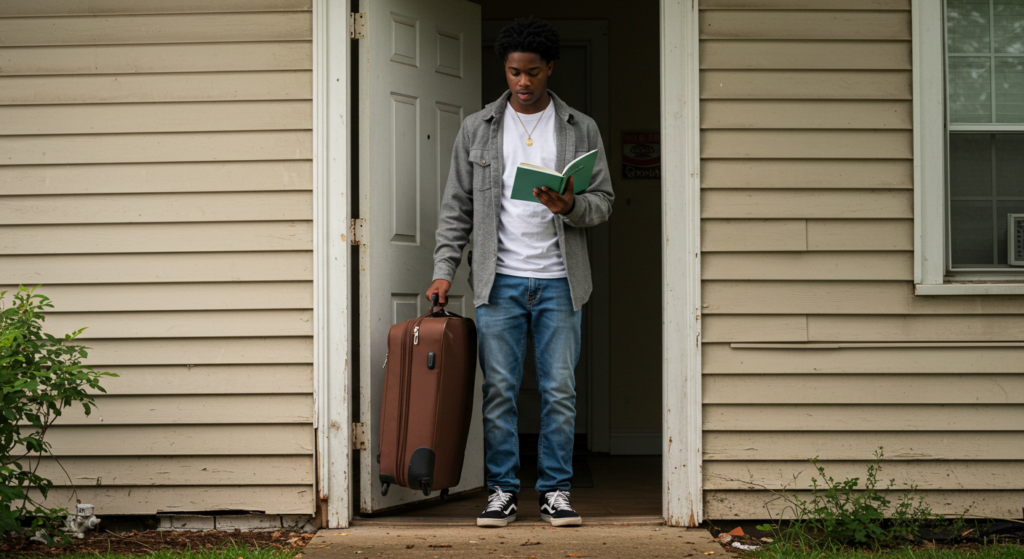
I stayed back in Ibadan after finishing NYSC in October 2024. I initially lived in a self-contained apartment with a colleague, but later, we moved into a two-bedroom flat that cost ₦1 million. We split the rent equally: ₦500k each.
I had managed to save ₦150k from my NYSC Primary Place of Assignment (PPA) because there was an option to receive payment in bulk at the end of the service year. I paid my share of the rent using my savings and additional income from a crypto trade I did in September, which earned me $400.
Now, I work as a virtual assistant and earn ₦200k monthly. My biggest expense is food, which takes ₦70k/month because I barely cook. Data and gym subscriptions take another ₦30k each, electricity is ₦6k, and I spend about ₦20k on transportation since I rarely go out.
I never had to think about fixing things until I moved out. Now, when something breaks—like when our pumping machine got damaged—it’s my headache.
The best part has been developing a stronger sense of responsibility. I have to plan for everything — new purchases, house expenses, savings. I don’t regret moving out, but I do get lonely. I barely hang out, and my friends are all busy with work. Lately, all I think about is working more hours so I can earn enough to sustain myself.
Bottom Line
If you’re comfortable in your parent’s house and not under pressure to leave, stay and save aggressively. Moving out isn’t just about rent — it’s about sustaining yourself, and the costs add up fast. But if you’re ready to take the leap, plan well, increase your earning potential, and prepare for the unexpected.
Independence is great, but survival is better.




